BBC Business
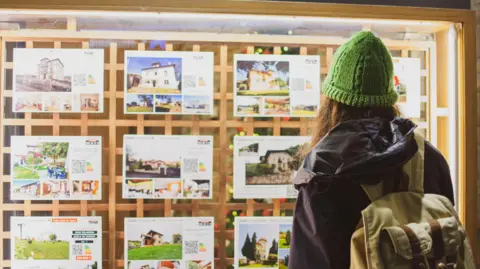 Getty Images
Getty ImagesUK house prices have hit another record high with the average property price reaching £299,138, Halifax has said.
The UK’s largest mortgage lender, part of Lloyds Banking Group, said property values recovered in January after seeing a slight dip in December.
The annual growth in prices slowed to 3.0%, which is the weakest rate since July 2023, but Halifax said the market was showing “noteworthy” resilience.
Amanda Bryden, head of mortgages at Halifax, said there was “strong demand for new mortgages and growth in lending”, which might be being driven by first-time buyers trying to complete deals before an increase in stamp duty in April.
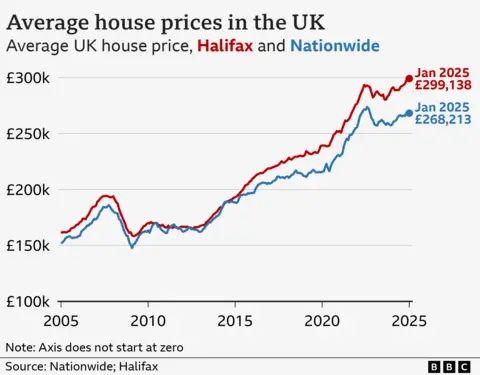
In the Budget in October last year, Chancellor Rachel Reeves said that reduced stamp duty rates in England and Northern Ireland would end in April next year.
The changes will mean that house buyers will start paying stamp duty on properties over £125,000, instead of over £250,000 at the moment.
First-time buyers currently pay no stamp duty on homes up to £425,000, but this will drop to £300,000 in April.
“As things stand, mortgage rates are likely to hover between 4% and 5% in 2025, influenced by both global financial markets and domestic monetary policy,” Ms Bryden said.
Jonathan Hopper, chief executive of Garrington Property Finders, said the cut in interest rates on Thursday would help home buyers and people remortgaging.
“At present price inflation is centred on northern England and Wales.”
“Elsewhere, the price rises are much more modest and sellers need to price their homes carefully or risk seeing them stuck unsold on the shelf.”
Where are prices rising the fastest?
London remains the most expensive place in the UK to buy a house, with the average property there costing £548,288, up 2.8% from a year earlier.
Properties in Northern Ireland saw the strongest annual price rise of 5.9%, with an average property now at £205,473.
House prices in Wales rose 3.6% compared to last year, with property values averaging £227,397.
In England, the North East replaced the North West as the region with the strongest annual price growth, with values increasing by 5.2% to £178,696.
Scotland saw a lower rise in house prices overall, up 2.4%, with properties now costing an average of £210,690.
“At present price inflation is centred on northern England and Wales.”
“Elsewhere, the price rises are much more modest and sellers need to price their homes carefully or risk seeing them stuck unsold on the shelf,” said Jonathan Hopper, chief executive of Garrington Property Finders.
Halifax’s house price data is based on its own mortgage lending, which does not include buyers who purchase homes with cash, or buy-to-let deals. Cash buyers account for about a third of housing sales.

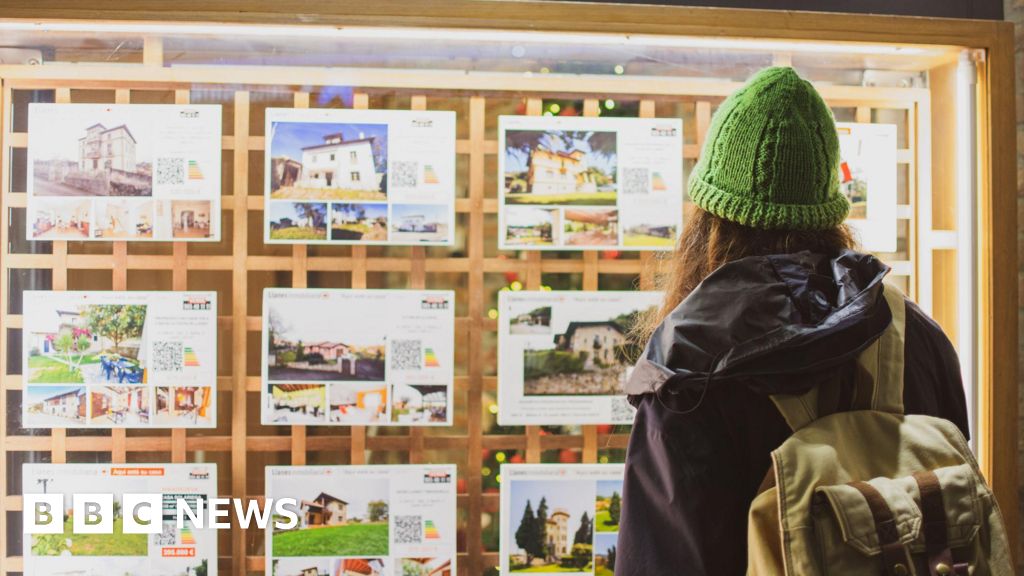


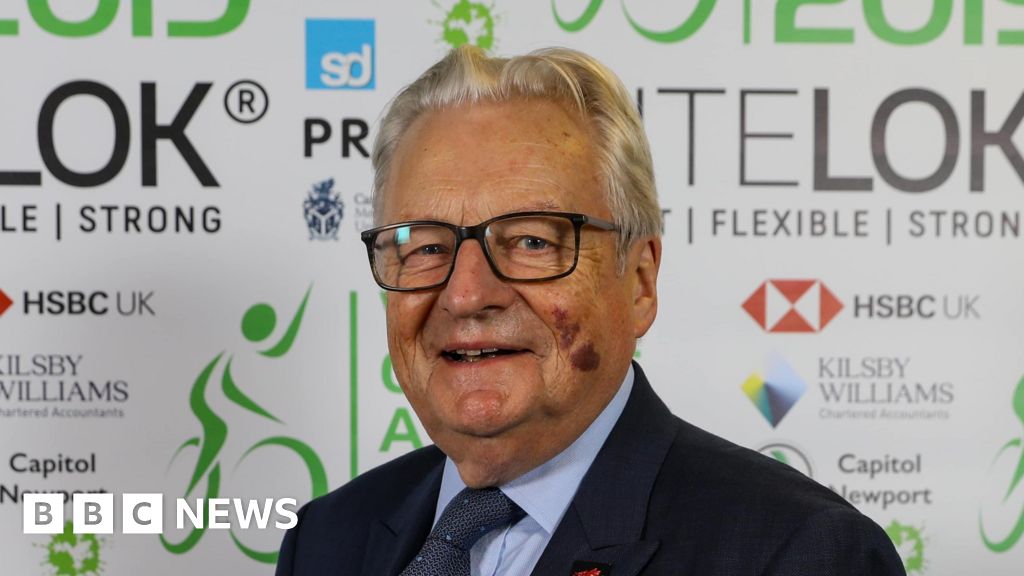
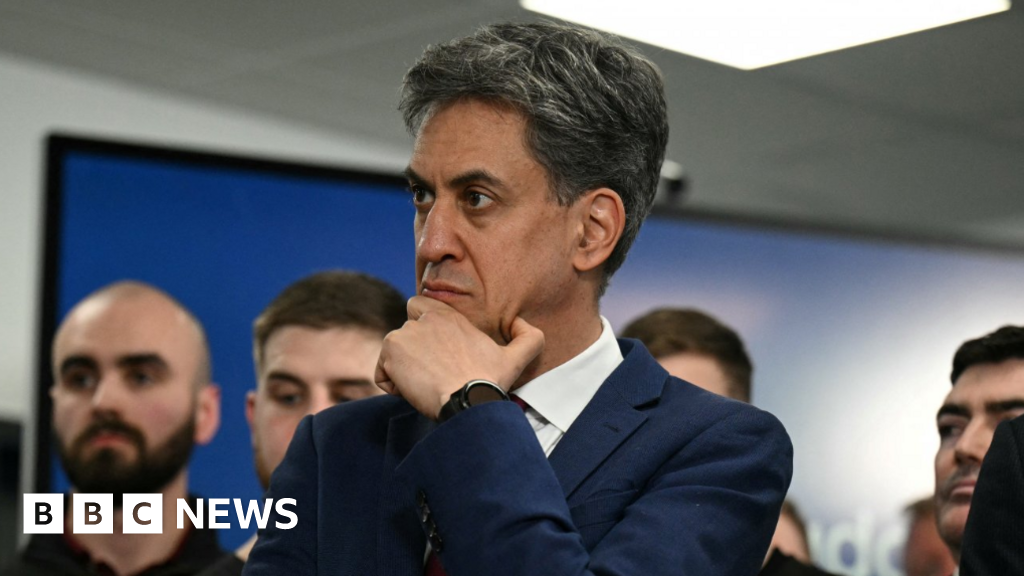

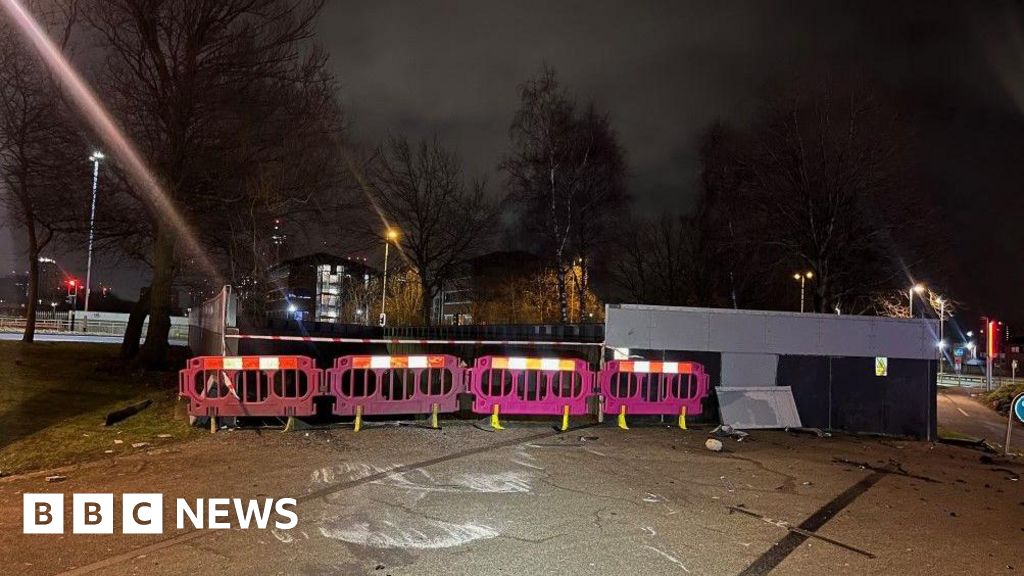
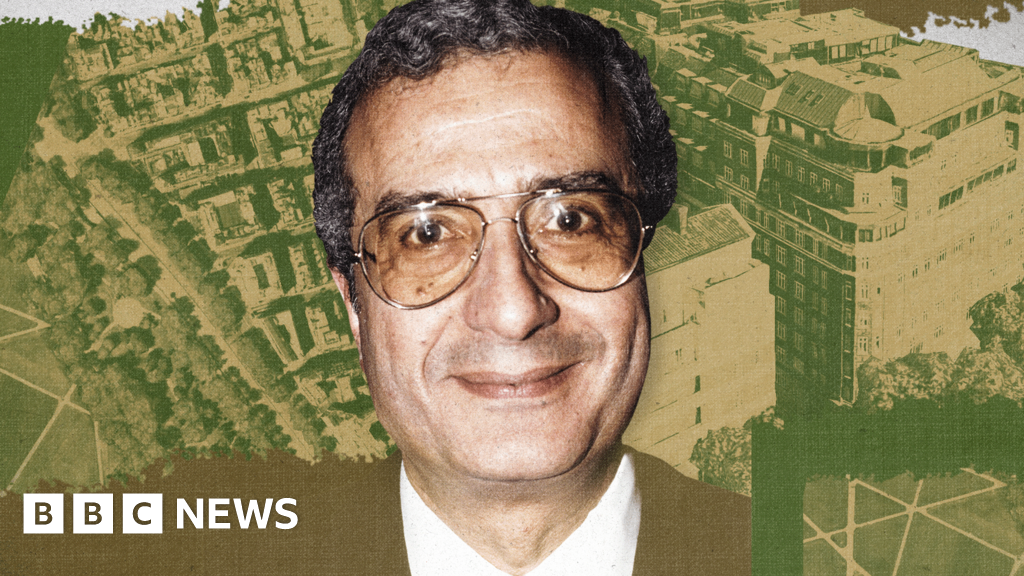
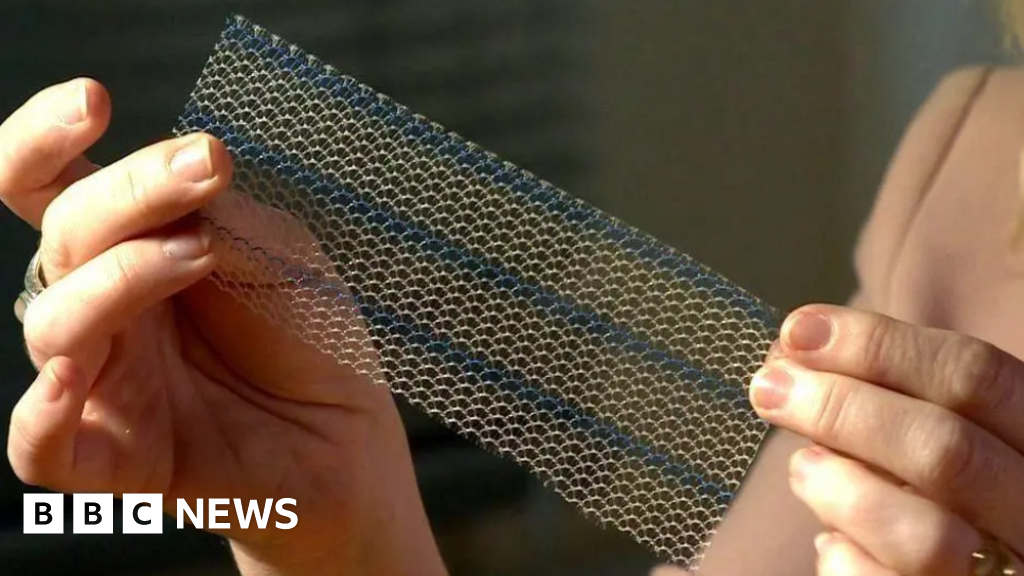







Leave a Reply